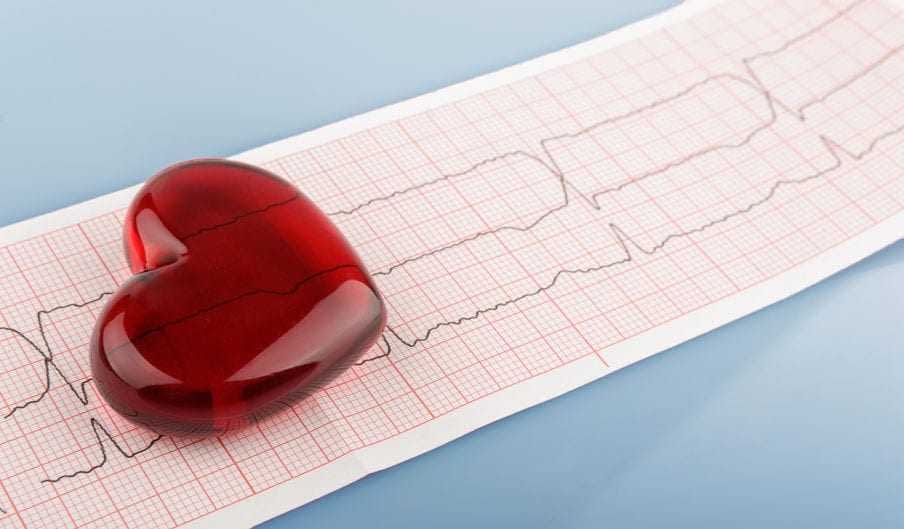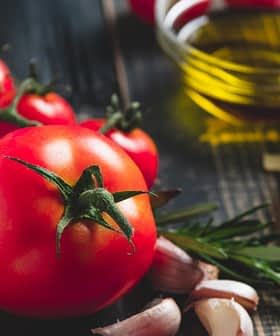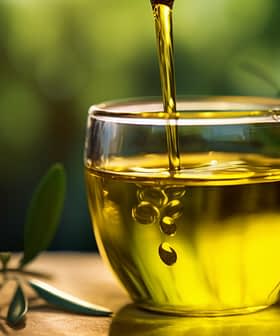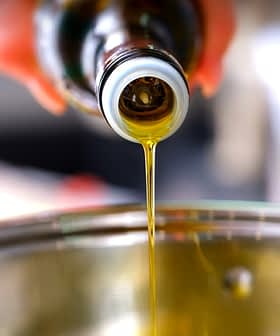 13.9K reads
13.9K readsHealth
Two Tablespoons of High Quality Olive Oil Every Day Help Protect the Heart

New research published in Clinical Nutrition shows that the antioxidant content of olive oil is equally important as its monounsaturated fatty acids in protecting against atherosclerosis. The EurOlive Study found that daily doses of extra virgin olive oil can increase antibody levels that reduce oxidized LDL cholesterol, a risk factor for heart disease, with storage conditions and polyphenol content also playing a role in its effectiveness.
Olive oil is known as one of the best sources of monounsaturated fatty acids, a type of fat that has been shown to improve blood cholesterol levels. It was thought that olive oil’s protective qualities were due mainly to the presence of this type of fat. However, new research shows that its antioxidant content is equally important.
According to new data published in Clinical Nutrition, daily doses of extra virgin olive oil may protect from atherosclerosis (hardening of the arteries).
The results came from the EurOlive Study, which involved researchers from universities in five European countries, and was aimed at assessing the beneficial effects of olive oil on human health.
See Also:Health NewsThe researchers recruited 200 healthy men and randomly assigned them to one of three groups to consume 25 ml of olive oil every day with different polyphenols levels.
The olive oils that were administered included refined olive oil, which had a low polyphenol content; common olive oil with medium polyphenol content and extra virgin, which had high phenolic levels.
The results showed that the consumption of extra virgin olive oil increased the antibody levels that reduce oxidized LDL cholesterol (bad cholesterol considered a risk factor of artery hardening and heart disease).
This was not the first time that olive oil polyphenols have been found to have a protective effect against oxidative damage; previous studies have also shown a positive effect. However, there were questions about whether real-life doses of olive oil can achieve this effect.
In this study the researchers had the subjects consume about 2 tablespoons of olive oil a day, a reasonable amount for non-Mediterranean countries.
Greeks who have the highest intake of olive oil per person in the world consume about 70 ml per day, while Spaniards and Italians include about 35 ml daily. The average American consumes less than three milliliters per day.
The other issue is the polyphenol content. Studies have shown that extra virgin olive oil has more polyphenols than other olive oils that are processed.
Storage conditions also play an important role. Oil that is stored in a dark, cool spot in a dark container retains more of its antioxidants. Long storage times reduce the antioxidant content as well; the longer olive oil sits in a bottle unused, the more polyphenols it loses.









